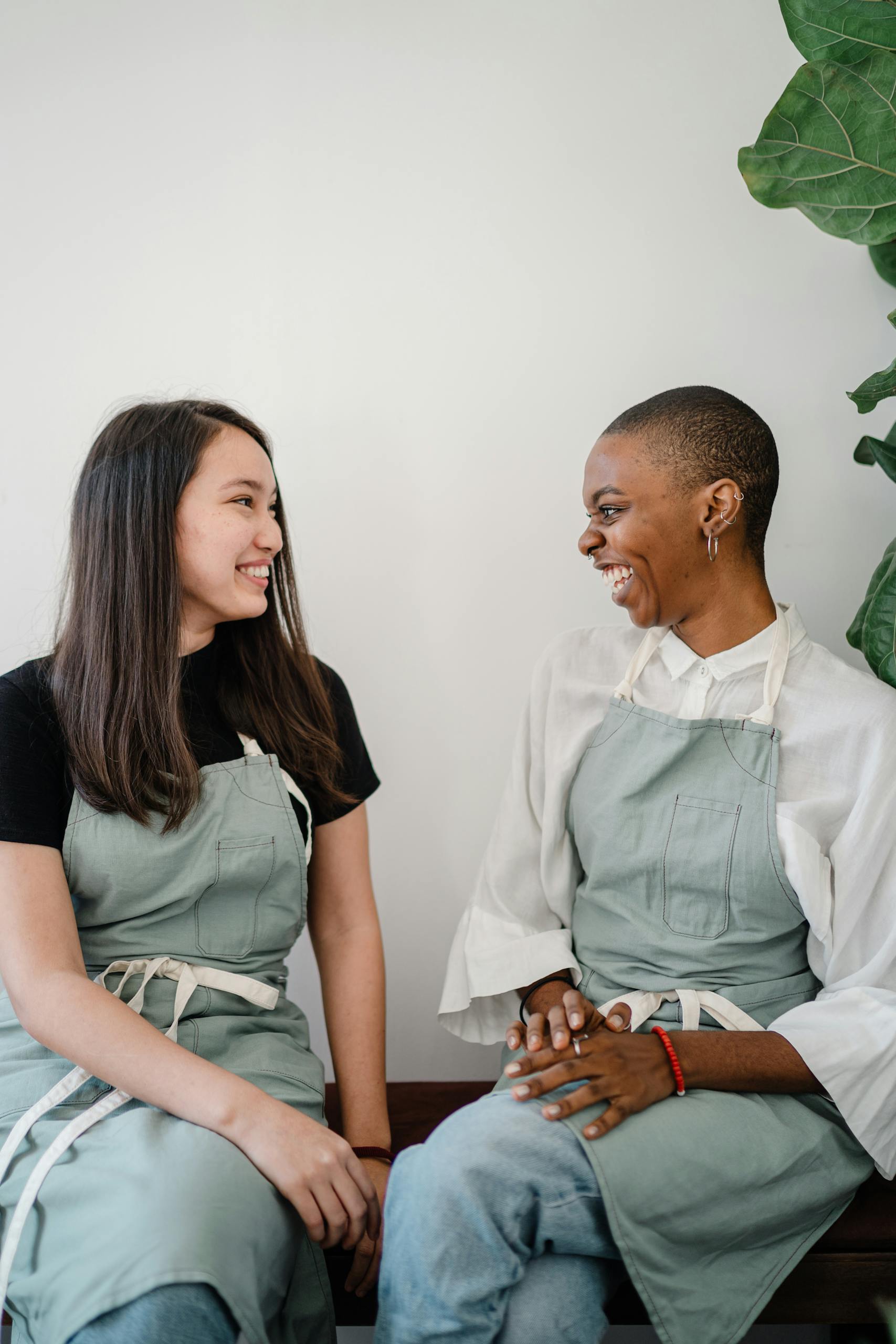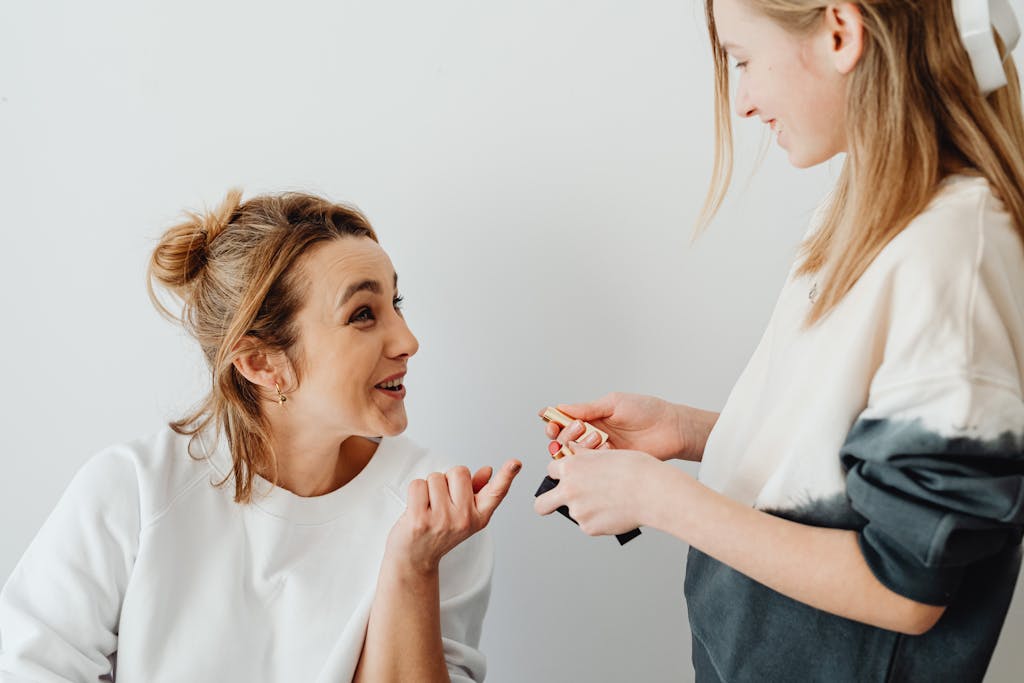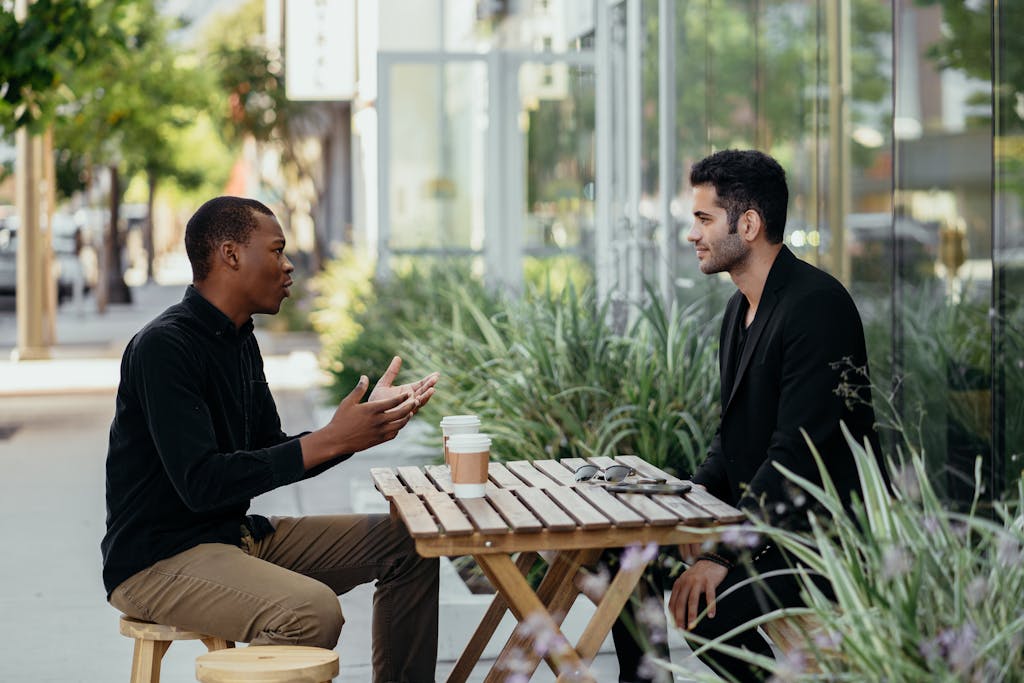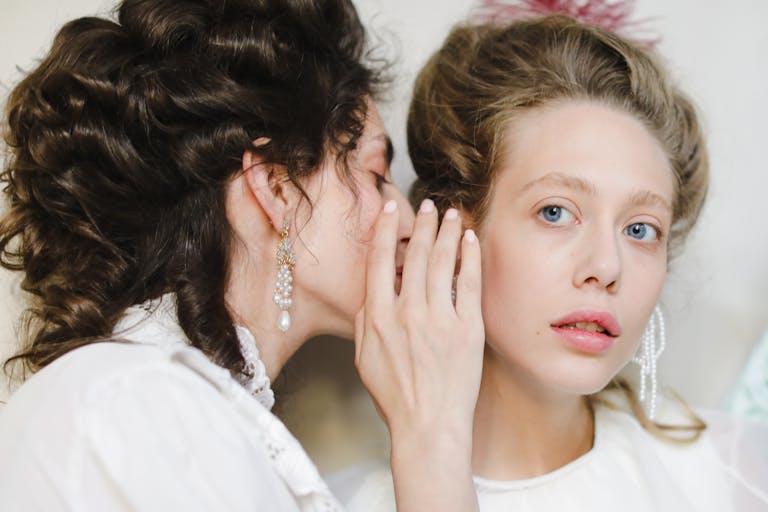7 Easy Ways to Become a Better Friend through Active Listening

Introduction
Do you feel like you have been a bad friend and want to change or want to know how to become a better friend?
This post shows you some of the best and easiest ways that you can achieve this by applying active listening.
Social interaction is one of the most important things for us humans if we are to stay sane! I, more than anyone, understand why and how important it is to use active listening.
I came close to losing a close friend because I was so engrossed in my own world that I did not realize that we were slowly drifting apart.
This was unfair on their part because I was making them feel unseen and not worthy because of my passive listening.
However, as soon as I noted this, I sought ways to improve. I found the trick is not finding a cheat code.
It was about treating our friends with empathy and acknowledging that they deserve our attention just as much as they give us theirs.
Every time we are with our friends, we get a glimpse of their world because they share with us their experiences.
Therefore, to become better friends, we must aim to understand them.
What better way to understand someone than to be present in the conversation all the way through?
- Be intentional with your listening

Intention is all that matters when listening to our friends.
Listening to their words and looking out for non-verbal cues are key because they ensure you get the vibe they are in and the message they are passing.
For instance, your friend can say they are fine but their body language and facial expressions say otherwise. So, paying attention to these cues can help you understand them beyond words.
This means that you should maintain eye contact – not staring ☺ – and eliminate all distractions. Distractions can be something as simple as looking at your phone when your friend is talking to you, which is rude.
- Don’t be biased

When your friend is expressing themselves, fully focus on them and avoid making assumptions.
We often make assumptions about others, and this makes it hard to understand what they are telling us fully.
Be conscious of your opinions and hold them until they finish speaking. This makes it easier to interpret their words without letting your biases get in the way.
Let’s say your friend is telling you about a bad breakup they are going through. They are already going through a tough emotional time.
Therefore, forming opinions or jumping to conclusions early can make them feel misunderstood.
So, what you should do in such a scenario is listen to them and assess what they want at the moment. Is it just a listening ear? Is it an informed opinion?
Either way, giving them your undivided attention makes it easier to help them.
- Put yourself in their position/shoes.

The easiest way to become a better friend is by asking yourself how you would like to be treated. If it were you expressing yourself, how would you expect your friends to listen?
This way, you can apply the answers you come up with to others. It will make you a better friend because you treat your friends in a valuable manner.
Acknowledge their experiences and respect their differences. What this does is it connects you to their perspective and emotions.
- Make them your main focus

Doesn’t it make you feel all mushy inside when someone makes you their main focus? Not in a weird way, but in a way you feel valued and appreciated.
I 100% believe that your friends would love this too. So, during conversations, focus on them and what they are saying. This way, they will be comfortable to share more information.
The advantage is that this will bring you closer together. Being fully present in the conversation makes them feel understood and heard.
You know, actively listening in a way you don’t try to ‘fix’ everything will be a game changer. Well, unless they actually want you to fix, then it’s okay.
If they are trying to express their ideas and you disagree, challenge your assumptions. You can try to ask yourself, why do I feel this way?
This will help you get to the bottom of it and come up with a way to carry on without feeling frustrated or shooting down your friend’s ideas.
- Show empathy

Empathetic listening is great when you are trying to be a good friends. This means that you listen with an open mind.
Remember, NO JUDGMENTS!
Please get to know what they are going through first. This will show that you care about them and what they are going through.
Whenever you find yourself being judgmental (you are human; don’t be too hard on yourself), refocus on being open-minded.
Sometimes, it can feel awkward because if your friend is telling you about a traumatic experience, they can become silent at some point. Be comfortable with this silence because it will give them some space to be themselves.
Also, they will feel valued. Such situations will also need you to be there for them now and later. It doesn’t have to be for bad experiences only; even positive ones count!
- Ask open questions when you don’t understand something

Ask, ask, and ask! I cannot emphasize this enough.
When you don’t understand what your friend is trying to say, ask open-ended questions so they don’t feel boxed.
This will help you understand their perspective better and enhance any answers or contributions you will make in the conversation.
This will enrich your convos, and the end result is that you will be super close because you get each other.
- Reflect

You must have been attentive to what your friend was saying to reflect. This is basically mirroring their feelings and thoughts.
It shows that you get them and encourages them to communicate more.
You can say something like, “So, what you’re saying is…” Do this while you maintain open body language and eye contact.
But remember to listen more than you talk and be personal.
Since it is about them, do not bring yourself into the equation. You can avoid asking questions or commenting about what you want, believe, or feel.
Why is listening important in a friendship?
- It helps build trust.
- It helps resolve conflict.
- It shows respect
- It avoids misunderstandings
- It fosters empathy
How can Listening make you a better person?
Improves communication. Being attentive helps give meaningful responses, which add to meaningful convos.
This means that you just don’t become a burden or annoying in convos.
You will be able to make an impact through listening.
Personal growth. Listening to a friend exposes you to new perspectives and ideas.
This helps you understand the world better and challenge your own assumptions.
In the end, you will have a broader knowledge base. This will help you grow as an individual.
Increased self-awareness – in a case where a friend is providing feedback about you, you can gain valuable insights and know where to improve.
It makes you more self-aware, and this ties back to personal growth.
But pay attention to what their intentions are. Not everyone who gives you feedback wants you to improve.
Some might be doing so to be mean. This will guarantee that you maintain your individuality while still growing positively.
Strengthening the connection between friends through active listening
Getting a stronger connection with your friend is key to a meaningful friendship.
You can do active listening exercises (which also happen to be 7 key active listening skills) such as –
- Eliminating distractions
- Listening to feedback
- Looking out for nonverbal cues and facial expressions
- Asking questions
- Being empathetic
- Paraphrasing
- Summarizing
Conclusion
So, by now, you are well equipped to become a better friend. I believe you can do this! These are just a few tips to get you started.
That is all, bye for now, xoxo.
